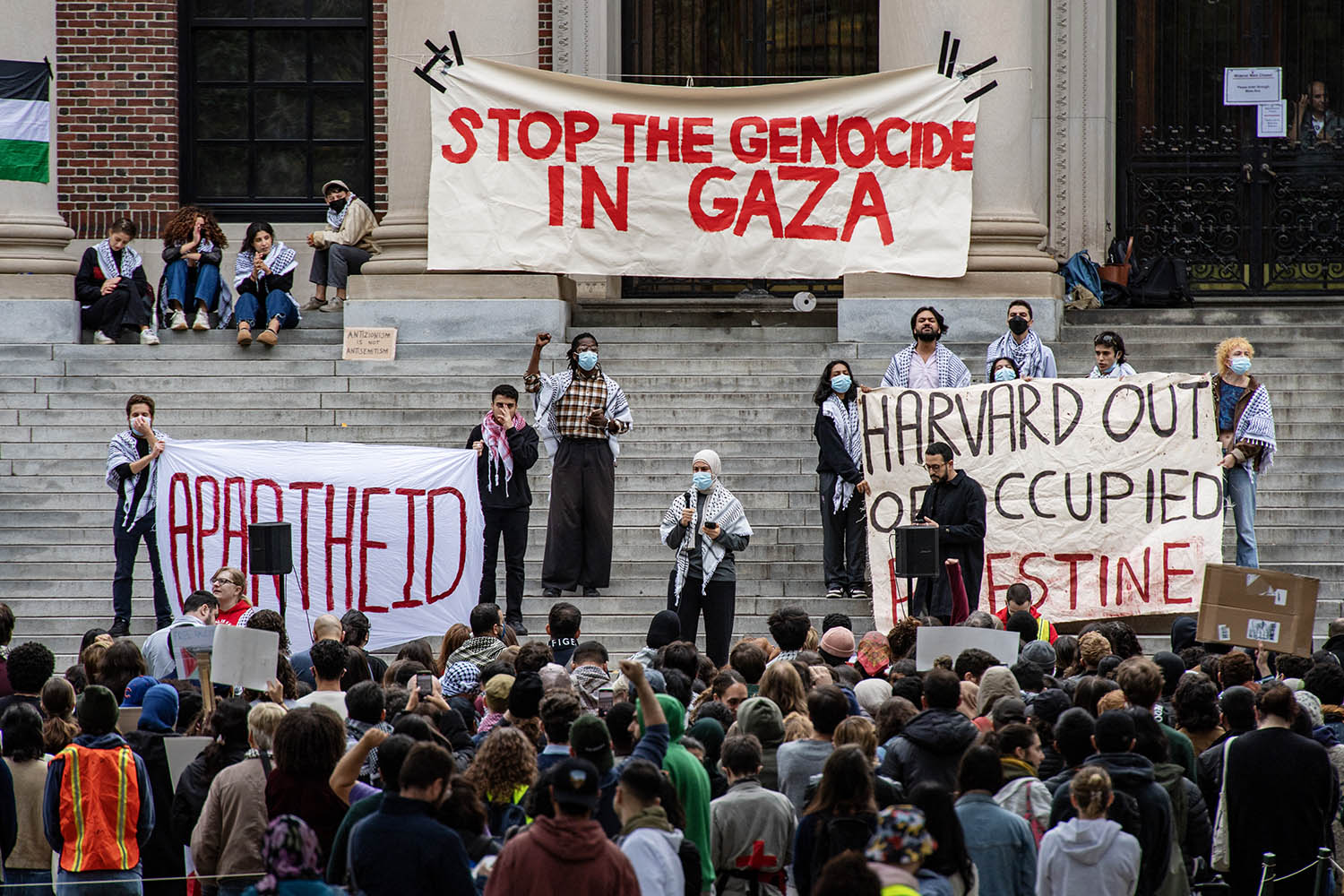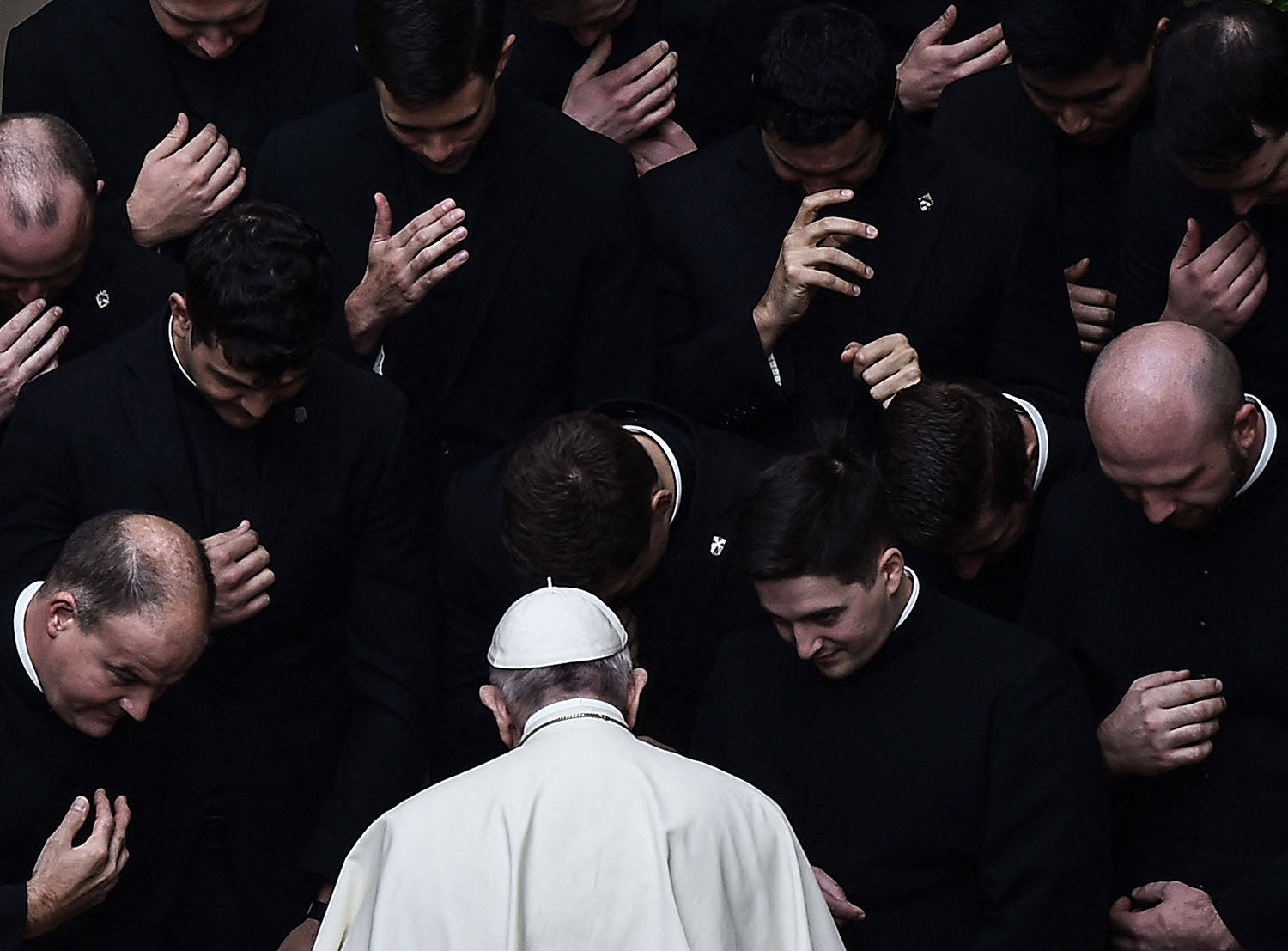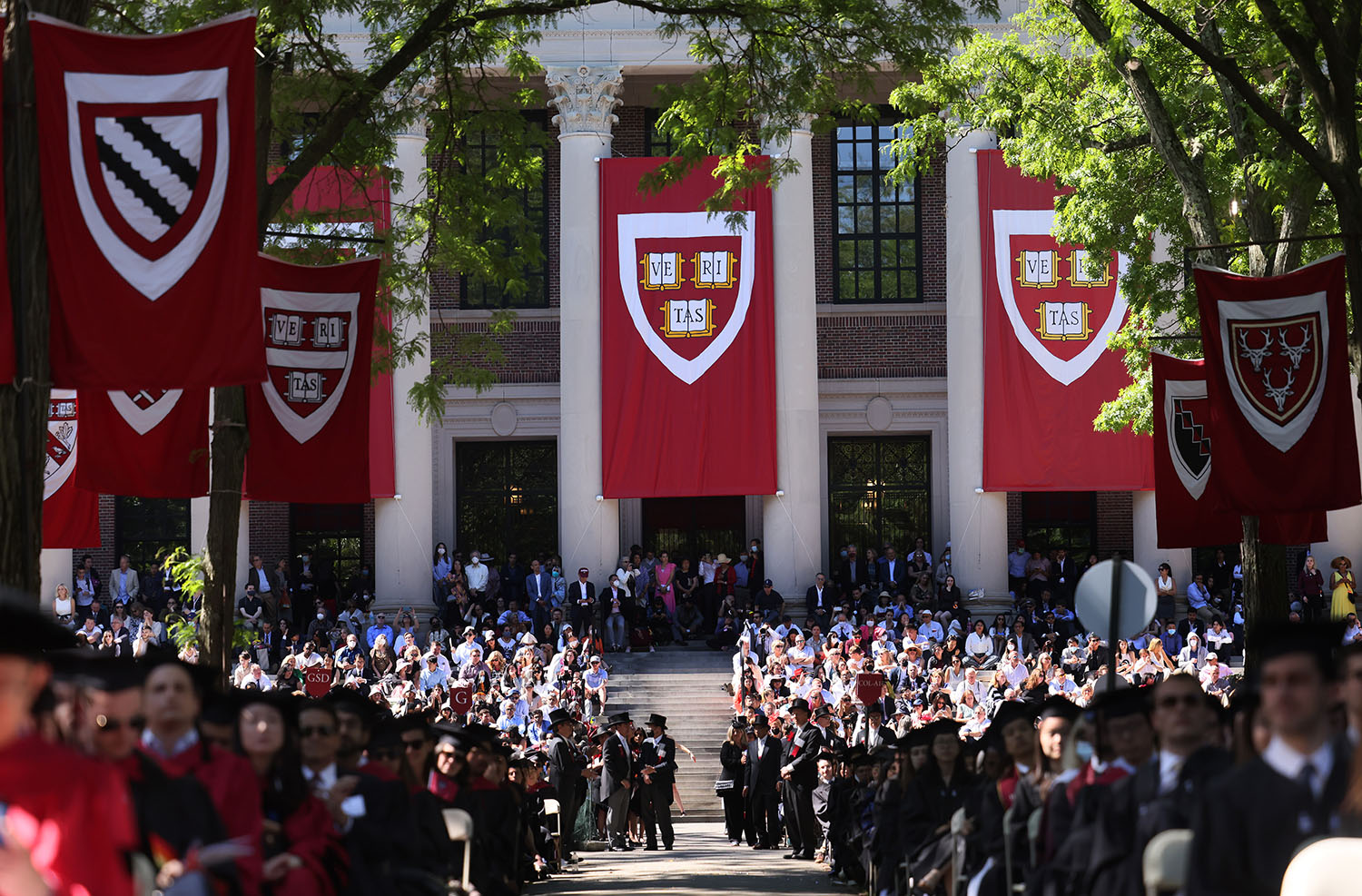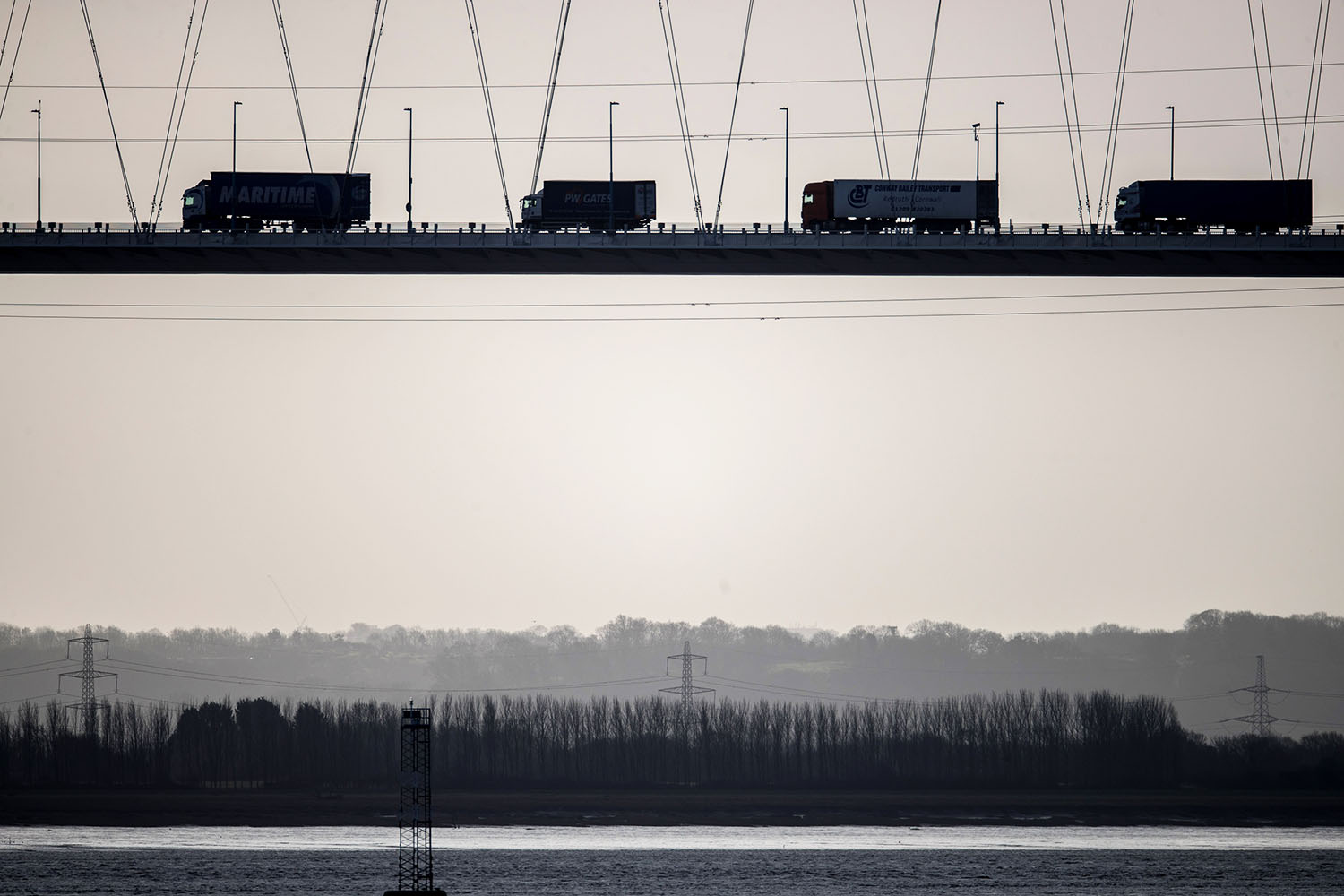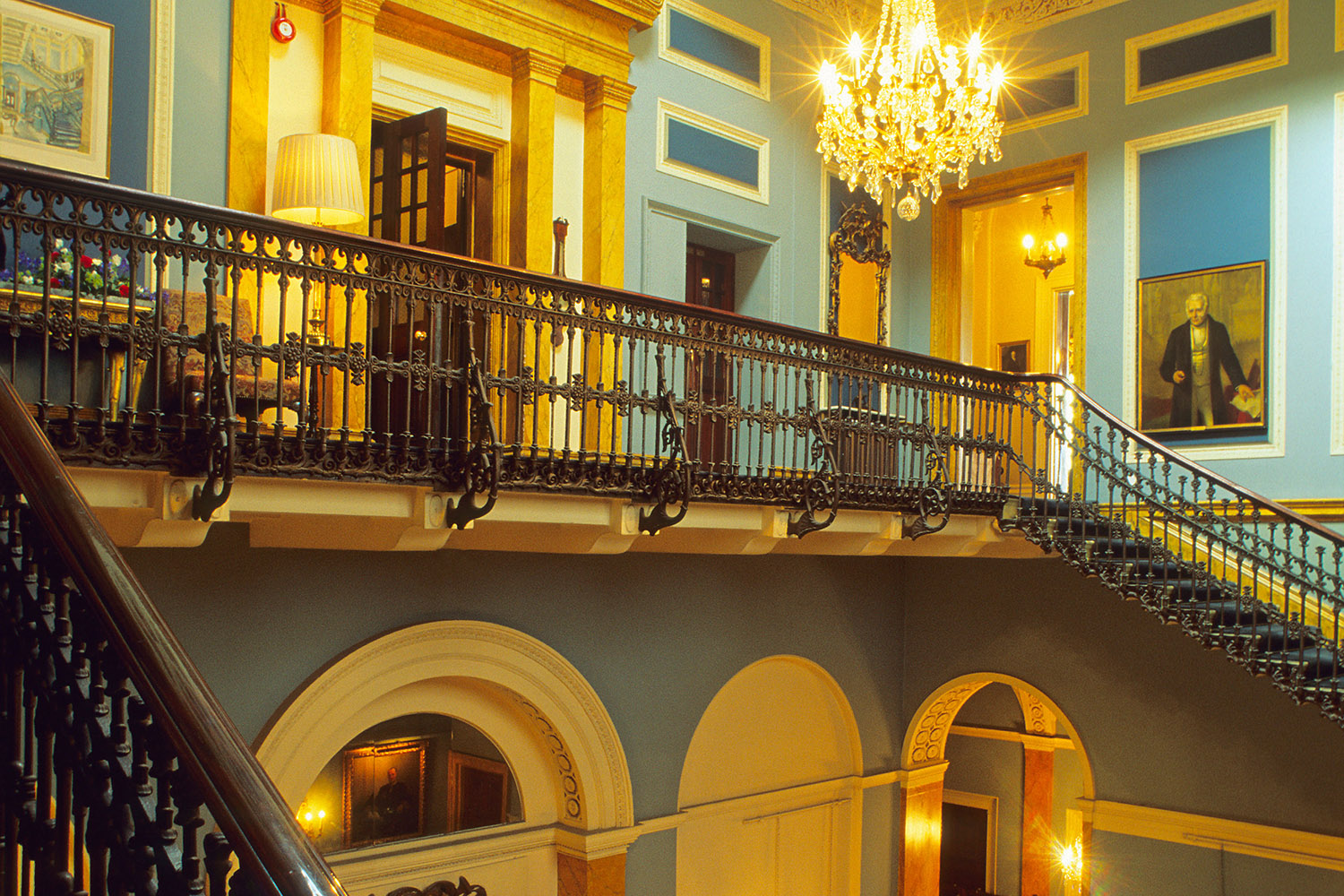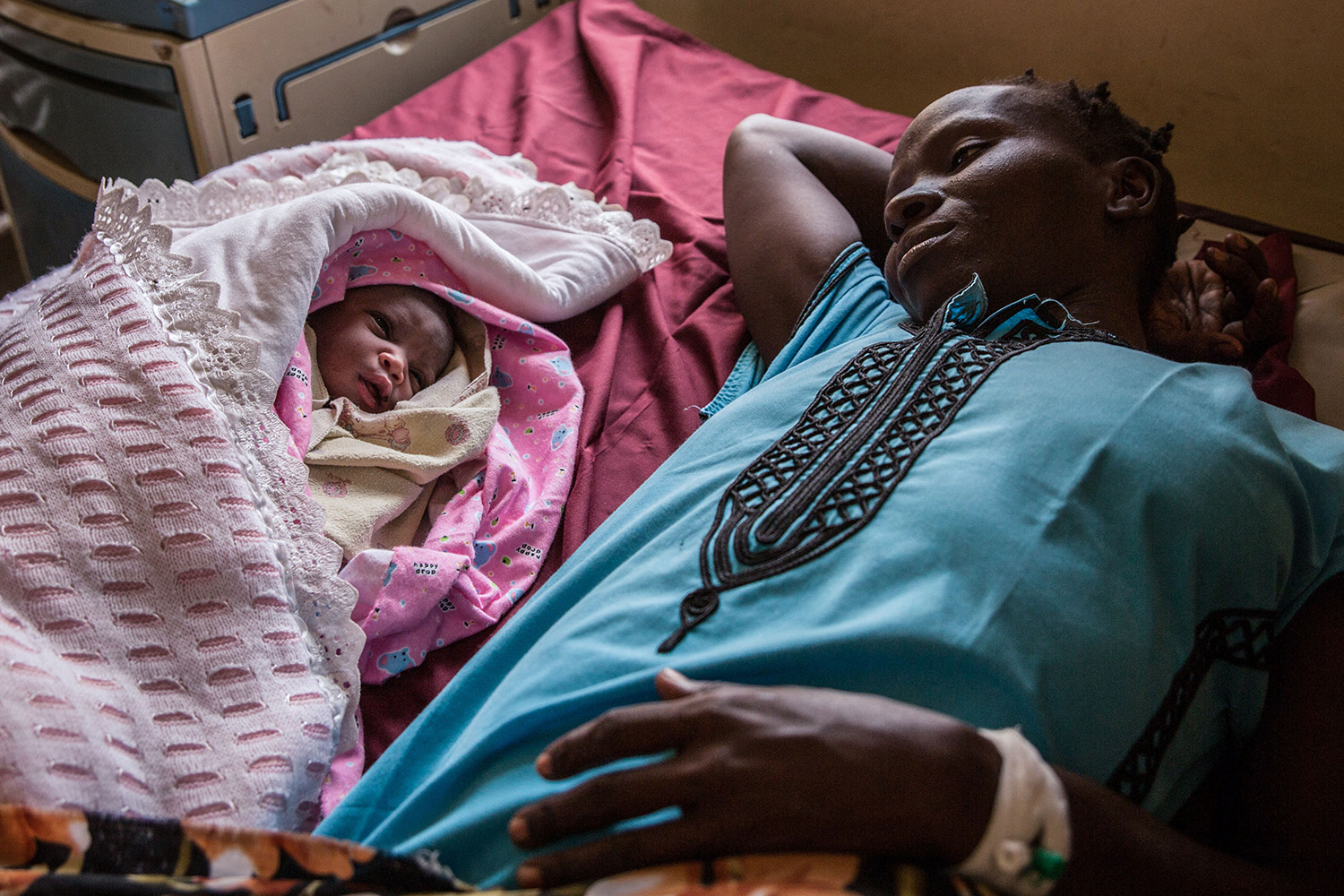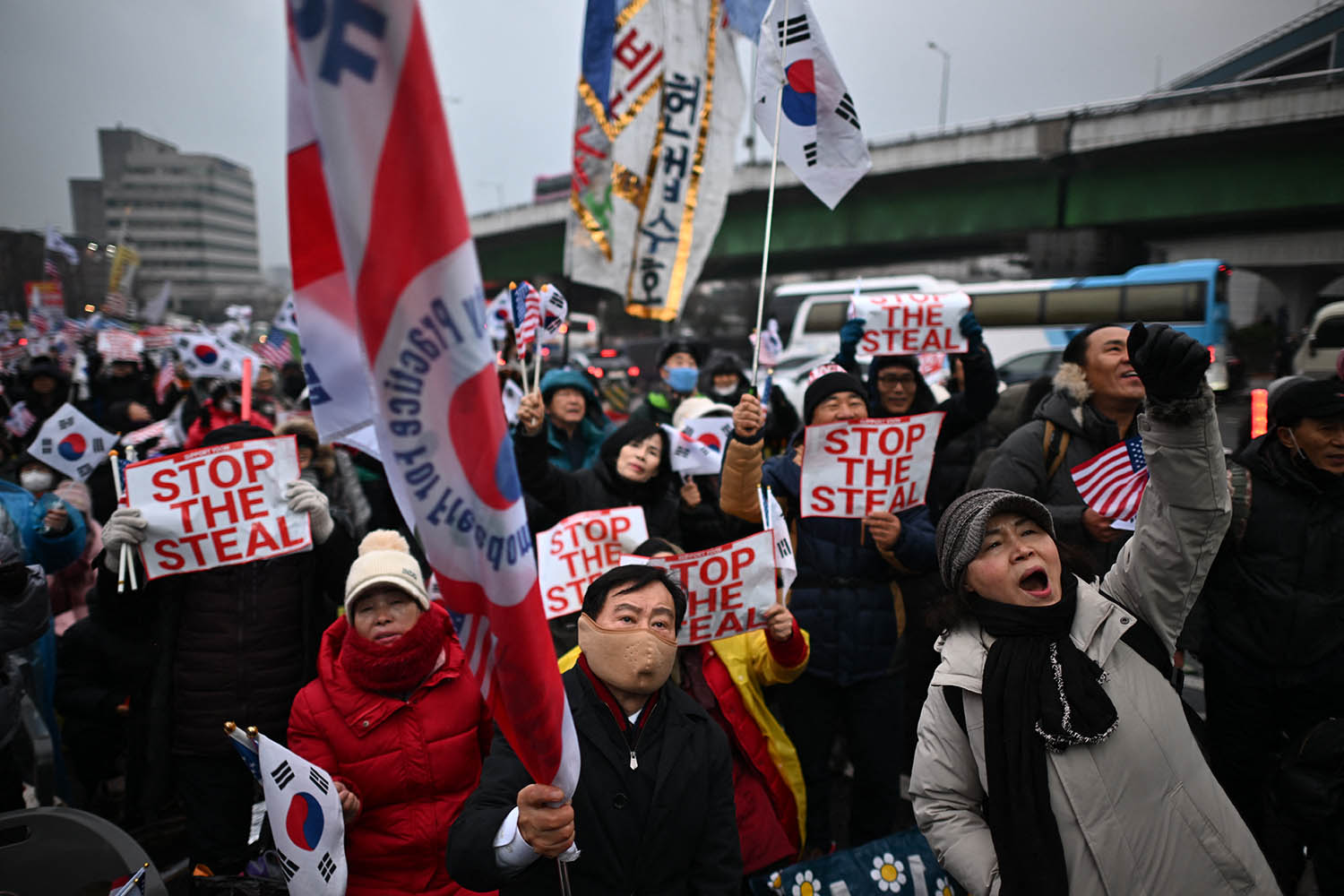
A bastion of Asian democracy is being held to ransom by its president
South Korea’s president was barricaded into his Seoul residence last night as a second warrant was issued for his arrest over last month’s short-lived declaration of martial law.
So what? The first warrant proved impossible to enforce. Bodyguards who report only to President Yoon Suk Yeol even though he was impeached last month have sealed him off behind buses and barbed wire.
Is South Korean democracy safe? On balance, yes, but it suddenly looks young and vulnerable.
- South Korea’s military dictatorship didn’t end until 1987.
- Yoon would be the first sitting president to be arrested since then.
- He invoked the threat of “pro-North Korean forces” to justify his suspension of parliament last month.
- His supporters are now echoing baseless Trump-style claims of election fraud.
Why it matters. South Korea is a vital western ally in a resolutely anti-democratic neighbourhood.
- North Korea could exploit its instability. This hasn’t happened yet, but Seoul is within easy artillery or drone range of the DMZ.
- Along with Japan, South Korea would form the front line in any US-led confrontation with China over Taiwan.
- Along with Taiwan, it accounts for half the world’s chip-making capacity.
Out of the blue? Not quite. The martial law declaration caught many off guard, but there were warning signs of democratic backsliding. Yoon’s administration took a hard line against the press, raiding newsrooms and the homes of journalists, and suing them. It became increasingly aggressive towards labour unions. Yoon also leaned into Cold War rhetoric, claiming pro-democracy activism was “communist totalitarianism” in disguise.
Down the rabbit hole. YouTube appears to be Yoon’s window on the world. He admits watching supporter livestreams from his residence. These echo chambers, filled with conservative commentators and conspiracies, amplify debunked claims of election fraud and communist infiltration. Nearly two-thirds of his party’s supporters now believe last year’s parliamentary elections were rigged.
Double trouble. Yoon isn’t just facing potential arrest for leading an insurrection, a crime punishable by life imprisonment or even death. His fate as a politician rests with a constitutional court which must decide whether to permanently remove him or reinstate him.
What was he trying to achieve? The million-dollar question. Prosecutors claim Yoon pushed ahead with martial law despite strong warnings from his own cabinet. “If we change the plan now, everything will fall apart,” he allegedly said before addressing the nation in a televised broadcast.
Prosecutor to pariah. Once celebrated as a corruption-busting prosecutor, Yoon now finds himself isolated, holed up in a residence Korean media call a “fortress”. On 3 January, investigators attempting to serve an arrest warrant faced a wall of 200 presidential security personnel in a dramatic five-hour standoff. They failed.
Legal limbo. The standoff created unprecedented legal confusion.
- Yoon’s security service says it’s bound to protect the president.
- His legal team argues the warrant is illegal and invalid.
- Anti-corruption investigators want police to execute the warrant.
- People are saying the investigators are inept for failing to do so.
Beyond a K-drama. A key meeting of those planning the martial law declaration allegedly happened at a burger joint. An ex-intel officer, booted out of the military following a sexual assault conviction and now apparently a fortune-teller, reportedly met with incumbent military personnel days before martial law was declared.
What’s next?
- The constitutional court’s handling of Yoon’s arrest and impeachment proceedings will be decisive. The justices have 180 days to decide his fate.
- If impeachment is confirmed, he will be stripped of the presidency and a snap election will have to be held within 60 days.
- If not, he could be reinstated as a deeply unpopular president.
Can democracy endure? South Korea has weathered crises before. From the 1980 Gwangju pro-democracy uprising to the mass protests that ousted President Park Geun-hye in 2017, its citizens have repeatedly demonstrated their commitment to democratic values.
What’s more… Crowds are defending those values now in temperatures forecast to fall to minus 12 tonight.


